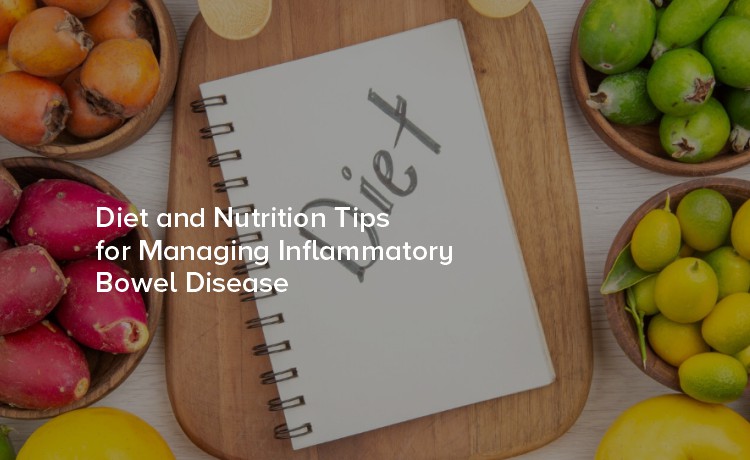
Inflammatory Bowel Disease (IBD) can feel like an uphill battle at times, especially when it comes to managing symptoms and maintaining a balanced diet. For those living with conditions such as Crohn’s disease or ulcerative colitis, the connection between food and health is undeniable. However, navigating the world of nutrition with IBD requires thoughtful choices tailored to your needs.
Understanding IBD
IBD encompasses chronic conditions like Crohn’s disease and ulcerative colitis, which cause inflammation of the digestive tract. Symptoms often include abdominal pain, diarrhea, fatigue, and weight loss. Managing these symptoms is challenging, but diet plays a critical role in supporting overall health and minimizing flare-ups.
While there's no singular "IBD diet," certain foods and nutritional strategies can help control inflammation and improve quality of life.
Why Nutrition Matters
When you have IBD, your digestive system may struggle to absorb nutrients efficiently. This can lead to deficiencies in essential vitamins and minerals like iron, calcium, and vitamin D. Focusing on a nutrient-rich diet not only alleviates symptoms but also strengthens your body’s resilience during remission phases and flare-ups.
1. Stick to Low-Residue Foods During Flare-Ups
When experiencing an IBD flare-up, opt for low-residue or low-fiber foods that are gentler on your digestive system. These foods reduce stool frequency and minimize irritation to your intestines.
Examples of low-residue foods:
Avoid high-fiber foods such as raw vegetables, nuts, and whole grains during these times, as they can exacerbate discomfort.
2. Incorporate Lean Protein for Recovery
Protein is essential for tissue repair and maintaining overall health, especially following an IBD flare-up. Including lean proteins in your diet can provide energy and promote recovery.
Great protein sources:
3. Choose Anti-inflammatory Foods
Certain foods are naturally anti-inflammatory and can help manage IBD symptoms. These foods often contain beneficial compounds like antioxidants and omega-3s, which reduce gut inflammation.
Anti-inflammatory options include:
4. Stay Hydrated
Hydration is critical, particularly during periods of diarrhea or hot weather due to the loss of fluids and electrolytes. Avoid sugary or caffeinated beverages, which can worsen dehydration. Instead, choose the following options to stay hydrated:
5. Identify Trigger Foods
IBD triggers vary from person to person—but tracking your diet can help pinpoint foods that aggravate your symptoms. Keep a food diary to monitor what you eat and how it impacts your body. Common triggers include:
6. Take Care of Nutritional Deficiencies
IBD increases the risk of deficiencies in key nutrients. Work with your doctor or dietitian to identify what your body may need and explore options like supplements or fortified foods to fill the gaps. Essential nutrients to focus on include:
7. Consider Probiotics and Prebiotics
Probiotics (good bacteria) and prebiotics (foods that feed probiotics) can support a healthy gut microbiome. Yogurt with live cultures or fermented foods like kefir can be beneficial but consult your doctor first to ensure they're safe for your condition.
Knowing what NOT to eat is just as important as understanding what to include in your diet. Common culprits that often worsen IBD symptoms include:
While it’s tempting to indulge in these foods occasionally, minimizing their intake can reduce the frequency and severity of flare-ups.
Remember, managing IBD through diet is not one-size-fits-all. What works for one person may not work for another. Consulting a healthcare professional, such as a dietitian or gastroenterologist, can help tailor a nutrition plan that meets your unique needs and preferences.
At Citizens Hospitals, we specialize in providing personalized care for individuals with inflammatory bowel disease. Our expert team of dietitians, gastroenterologists, and wellness professionals will work closely with you to create a comprehensive plan for symptom management, nutritional balance, and long-term well-being.
If you’re ready to regain control of your health and improve your quality of life, reach out to Citizens Hospitals today. Compassionate care is just a step away.